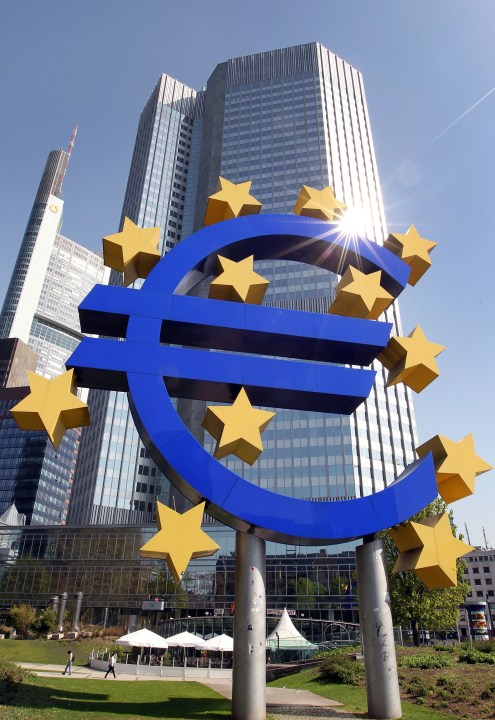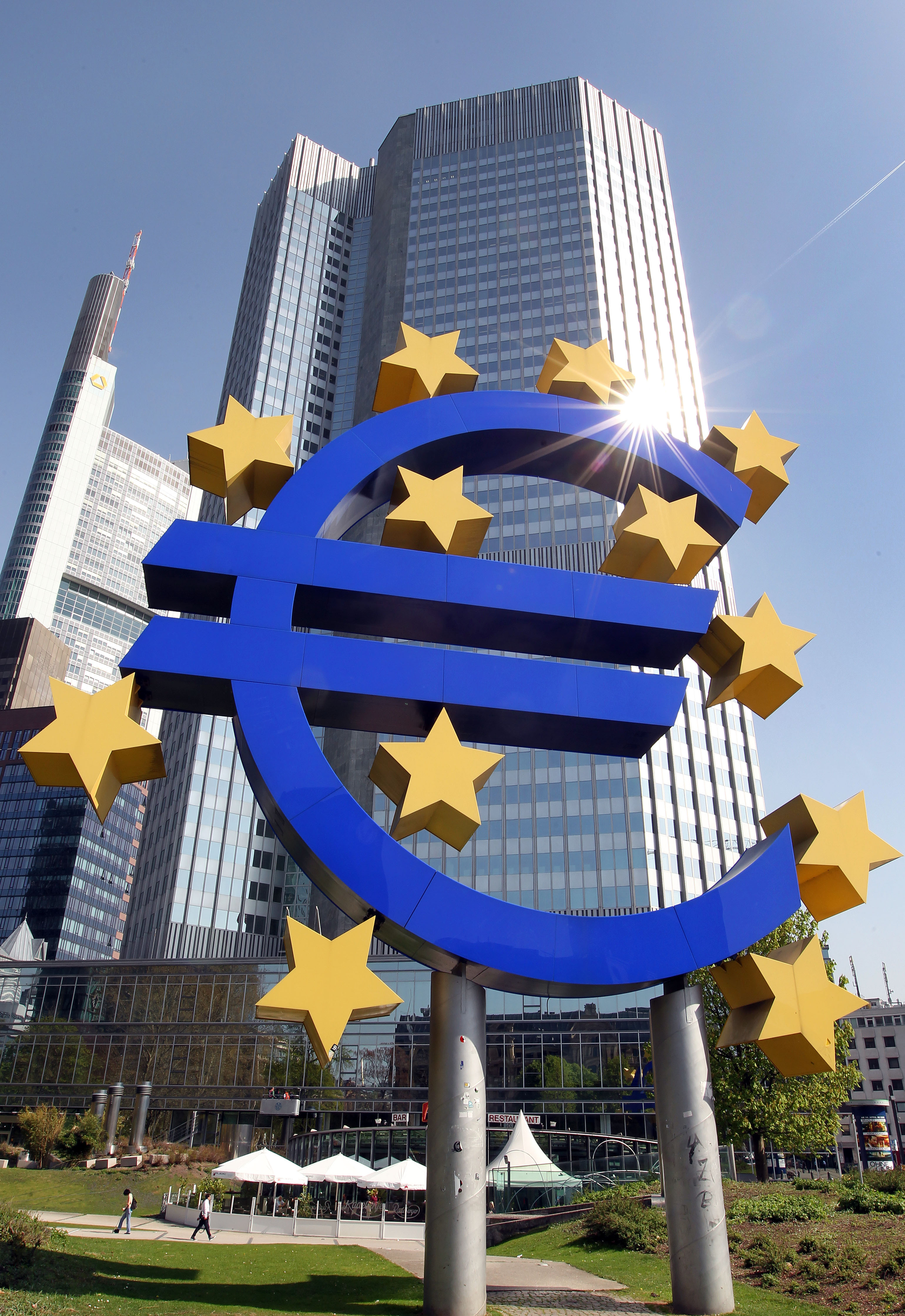 The biggest bone of contention between the UK and its EU allies these days is the
‘Tobin tax’, the idea of levying a tax on financial transactions. To the UK this is folly. Unless it is levied globally, a tax will force business to move elsewhere. And there is a
greater chance of Silvio Berlusconi being elected ECB chief than the Tobin tax being levied globally.
The biggest bone of contention between the UK and its EU allies these days is the
‘Tobin tax’, the idea of levying a tax on financial transactions. To the UK this is folly. Unless it is levied globally, a tax will force business to move elsewhere. And there is a
greater chance of Silvio Berlusconi being elected ECB chief than the Tobin tax being levied globally.
Based on the experiences of Sweden in the 1990s, the tax will achieve none of what its proponents believe it will — and at a considerable cost to Britain’s and Europe’s economy, as companies
look to list elsewhere to avoid it. As Ryan Bourne from CPS points out, even the European Commission found that the
tax may hurt the economy. The EC thought it could reduce Europe’s GDP by up to 1.76 per cent, or €216bn — a peculiar policy in these times of crisis.
The proposal can partly be seen off by the UK, as any move will require unanimity among EU member states. But it is possible to agree on such a tax among a smaller group of EU states — a la
Euro cooperation or Schengen — and that would still hurt the City. In EU jargon, the tax would be introduced under the so-called ‘enhanced cooperation procedure’ in the
eurozone or amongst some other subset of member-States. This procedure requires at least nine EU states to participate. The decision to use enhanced cooperation is decided by QMV — qualified
majority voting — among the
27, and then unanimity would apply to the EU states participating in the tax. So the UK could see it off, but not for long.
By way of a response, I’ve already suggested that the government
should launch the biggest lobbying effort since Sebastian Coe orchestrated the London 2012 bid. We have friends in both France and Germany. The Nice-based EDHEC-Risk Institute has written to
the Commission arguing that the tax ‘would be a counterproductive step for Europe’ and would face ‘serious implementation challenges’. In Germany, senior business leaders
are said to be against the Tobin tax. The UK needs to build on this.
Then the UK needs to argue for the tax at a global level, perhaps even convening a summit with President Sarkozy to discuss it. This may sound odd — why push something the UK does not believe
in? Very simple: the UK is now seen as a spoiling crew, having under Labour led the campaign for a worldwide tax. Pushing for an unrealistic but global regime would help undermine those who
argue that the UK is uninterested in any form of taxation. The chance of success is close to nil anyway.
Similarly, George Osborne needs to develop an alternative scheme, which EU leaders can use to show they are taking people’s concerns about bankers seriously.
And, finally, the UK needs to push Michel Barnier, the ‘European Commissioner for Internal Market and Services’, to to get serious about liberalising the internal market. He — and his British chief official, Jonathan Faull — need to be told clearly that progress on liberalisation is the only standard upon which they, and the entire Commission, will be judged. That means, above all, pushing for the amendments to the Services Directive so that more content from the original proposal can be brought back rather than going on with the watered-down version on the books, which will achieve none of the growth-inducing effects that are so sorely needed.







Comments